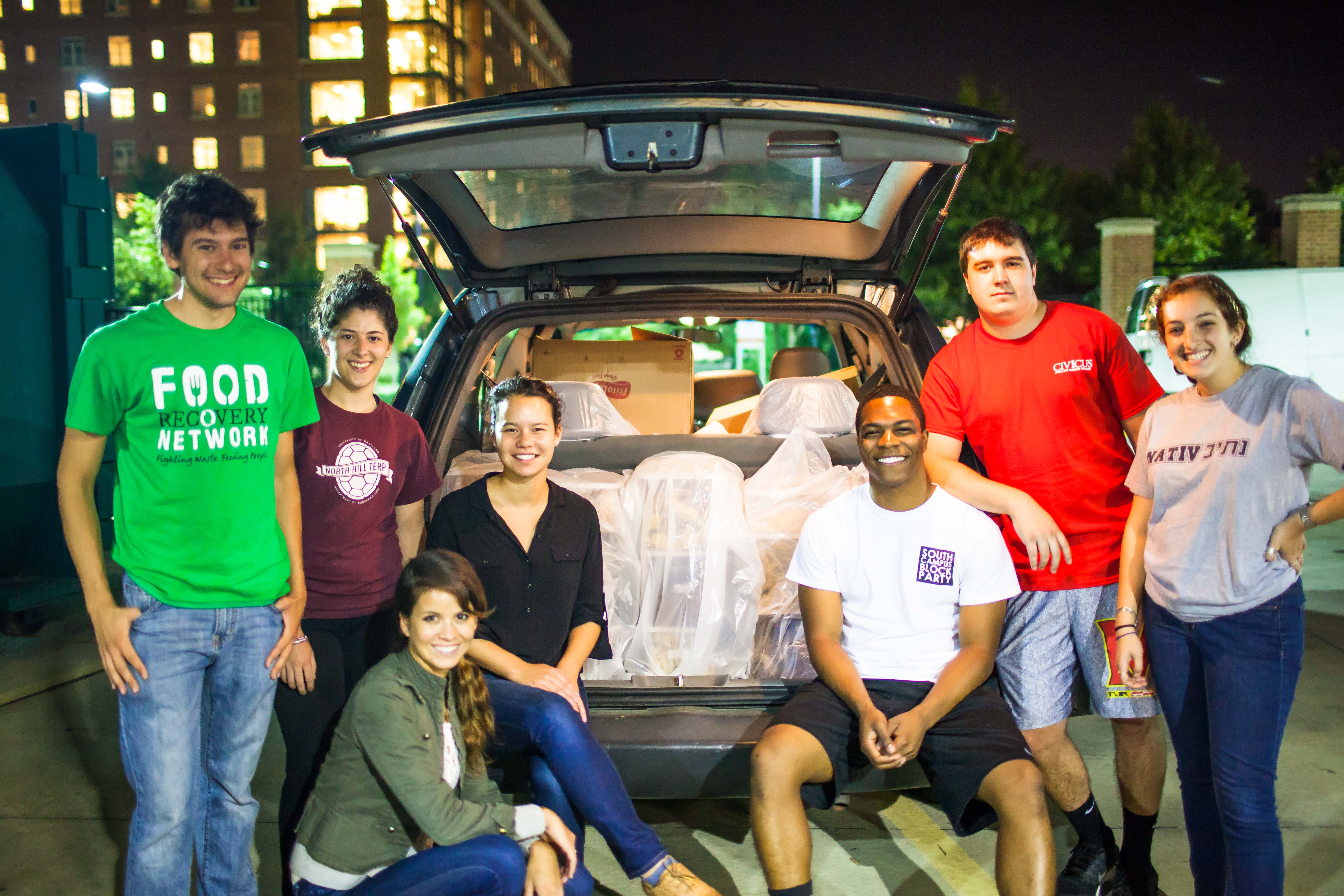In many ways, Washington, D.C.’s Food Recovery Network was in the ideal position to benefit from strategic communications.
The organization, which has chapters at universities across the U.S., collects unused food headed for landfills and diverts it to those who are hungry. It’s a scalable business model that relies on college-aged volunteers who are passionate about reversing climate change and helping those less fortunate than them. On a fast-track for growth, the organization has done what many businesses do in their early stages – grow with the staff that they have. If successful, these businesses will face a fork in the road that requires financial investment in strategic staff and partners to take the organization from where it is now to where it dreams it can go.
This is the exact inflection point at which we met Food Recovery Network. And here’s a look at how we’re helping.
Internal Communications – Systems Run the Company and People Run the Systems
Our early work with this national nonprofit started with a listening tour and understanding the flow of communications – as our first-year focus involved implementing and perfecting internal communication systems to help the organization communicate more efficiently and effectively. As you can imagine, with a national corporate office in D.C. and volunteer student chapters across the U.S., Food Recovery Network has a structure vulnerable to weak links in the communications chain.
Our strategic communications plan addresses this by developing systems to:
- Collect the powerful stories from the on-the-ground volunteers
- Create communication request forms for program staff
- Expand the communications guidebook for temporary staff to bring themselves up to speed on their roles and responsibilities
- Manage projects and the immense amount of communications needed to make those projects a reality
- Demonstrate the timeline and process of building a student chapter and becoming Food Recovery Verified
Moving Focus from The Task to the Strategy
Part of our process with organizations like Food Recovery Network is to also move the organization from focusing on a singular communications task to thinking holistically about the communications opportunity present in each moment. Instead of let’s “tweet this” or “post this on Facebook,” we turn to the basic 5Ws and H:
- Who are we trying reach
- What do we want them to do
- When do we need to communicate this
- Why does it matter to them
- Where do they need to see this
- How do we get it done (spoiler, these are the systems!)
Once we get our systems rolling, and we’ve developed the communications strategy to ensure we walk each opportunity through this strategic breakdown, we also simultaneously build a content marketing flywheel so that we maximize each piece of content in as many places as possible.
Freeing Up The Executive Director to Focus on Their Strategic Vision
One of the things that we’ve enjoyed doing the most with Food Recovery Network is taking pressure off its executive director. With Mixte’s strategic communications expertise on her team, the executive director can focus more of her time, attention and energy on developing her team, building relationships with funders and partners, and growing the impact of the organization. Because we’re there to advise on what to do with communication opportunities and deliver quality assurance, the executive director can easily weigh in on our recommendations and sign off on final products with a fraction of the time it took her before.
Nothing is Perfect – It’s How You Handle the Situation That Matters
No human being is perfect, and neither are business consultants. We are happy to report that some of our clients have been with us since the near beginning of our business, and we think that’s a result of producing quality work consistently, but perhaps more of an indicator of how we handle the sticky situations. That, to us, is all that matters.
With Food Recovery Network, we’re balancing a growing set of responsibilities in our contract while the internal team itself navigates its own change (a common experience with growth). We will inevitably hit rough spots, and our promise to Food Recovery Network, as well as any client we partner with, is that we’ll make time to debrief, actively listen and reflect back what we heard, own up to our piece, and adjust practices accordingly to reach greater heights together.






